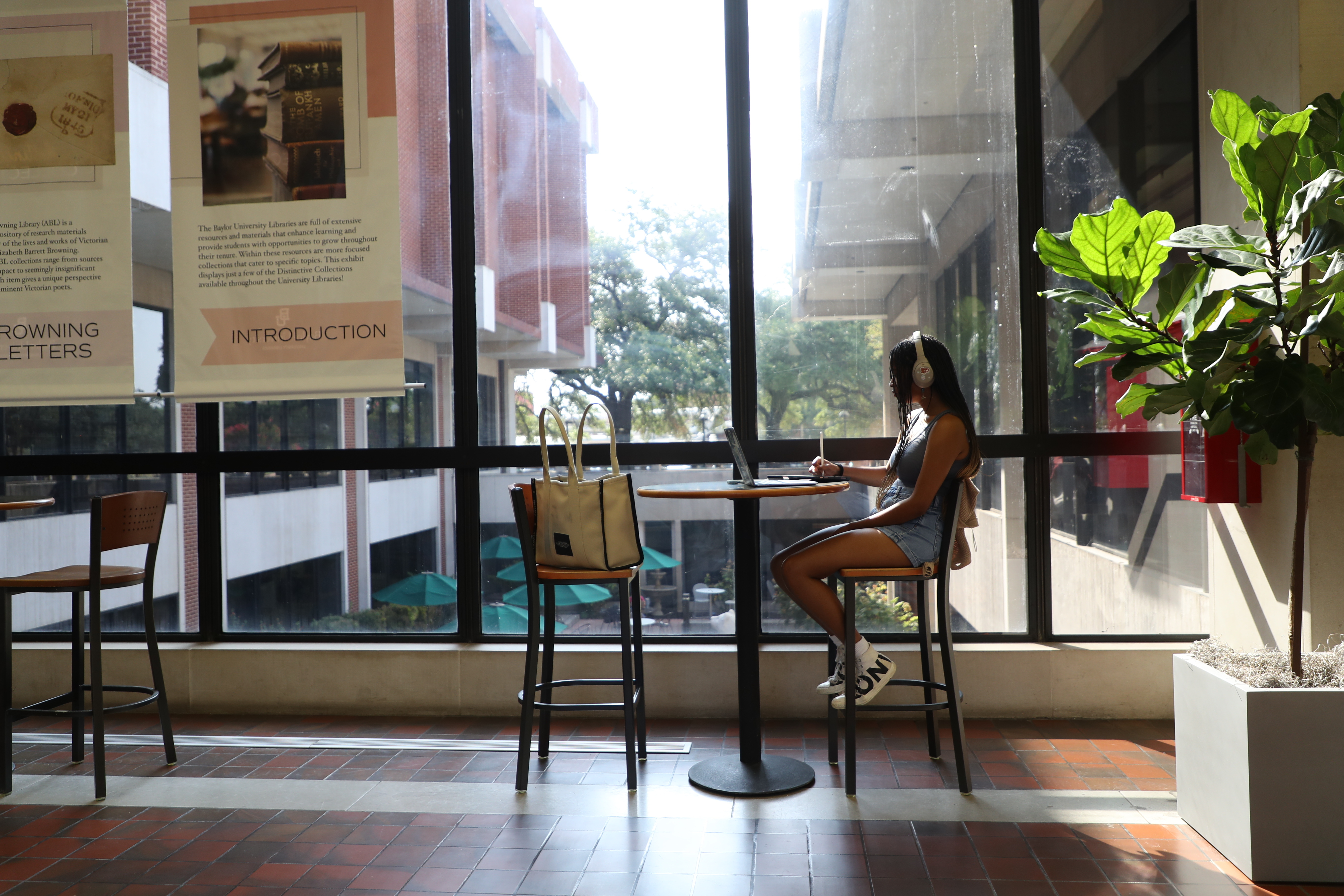How are You Doing? Mental Health Tips for Faculty, Staff and Students
As another semester winds down, it’s natural to feel a little stressed, but developing good mental health habits can be incredibly helpful for students, faculty and staff. Consider one of the following activities when you’re thinking about your mental health – they can actually be helpful year round.
- Take some time to be outside. It’s always beneficial to spend time in the great outdoors. Oftentimes, we spend a lot of time in front of screens, so taking a break can be incredibly helpful. According to the American Psychological Association, taking time in nature is linked to improved attention, less stress, overall better mood and (possibly) increased empathy.
- Get moving with physical activity. Physical activity doesn’t have to be intense or an hour long. You can take a walk around campus, go for a bike ride, grab a friend and go to the SLC, or do some chair stretches throughout the day. You don’t have to be an expert and there’s no need to over-exert yourself – listen to your body and do what feels good.
- Be sure to rest. Whether you are a student with a busy social life or a faculty member with children’s activities to keep up with, balancing it all can be overwhelming. Your body needs rest. Lack of sleep affects both long- and short-term memory, concentration and mood, and weakens your immune system.
- Make a plan for finishing the semester well. Break big projects down into manageable pieces; create a plan for how to study for remaining tests and final exams – planning ahead can help reduce stress. It also is important to ask for help now if you need it – join a study group, visit with your faculty for recommendations, make use of University resources like the Writing Center and Success Center.
- Check in with yourself. How are you doing? How are you really doing? Be honest with yourself about how you feel. It can be easy to become so busy that we’re distracted, almost disconnected from how we are emotionally. Take some time for yourself – journal, catch up with a friend, listen to music, do something you enjoy. If you realize you may need a little extra care during this time, check out these resources if you’re a student and these resources if you’re faculty or staff.
